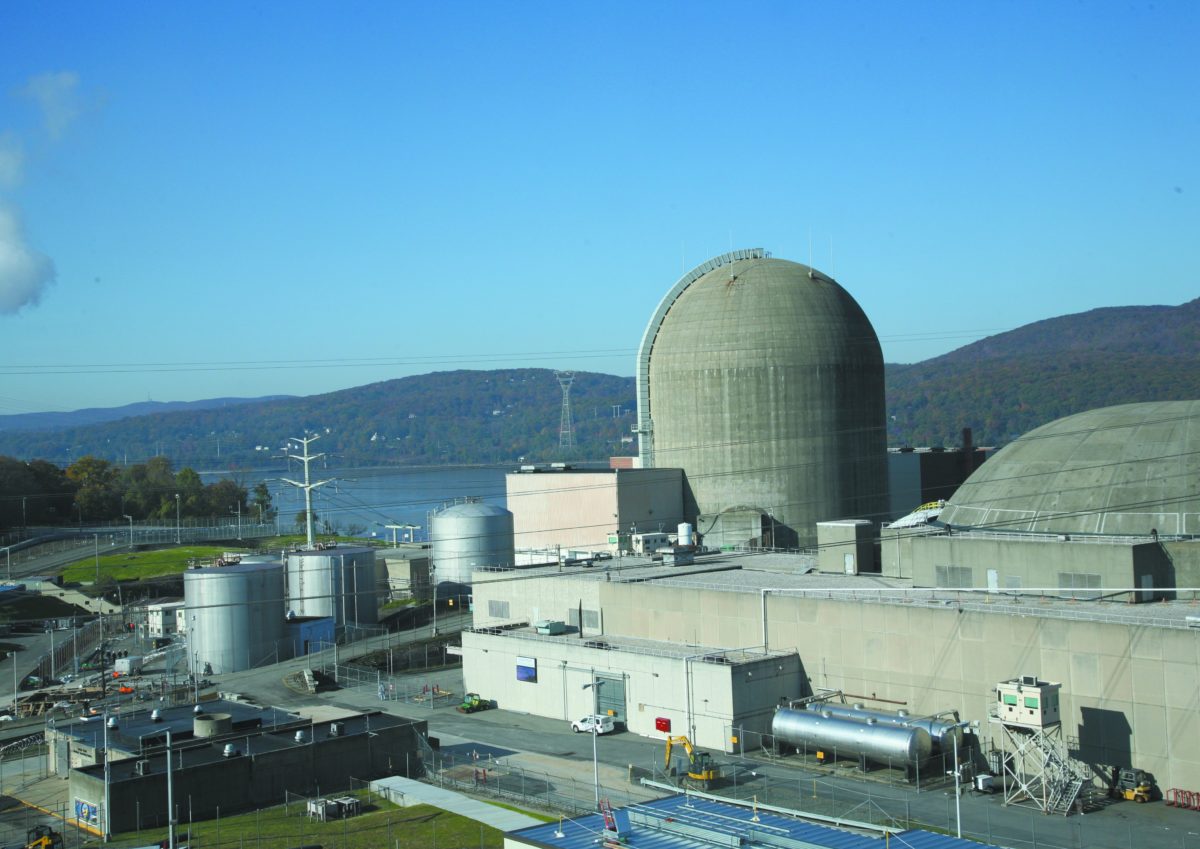One year after applying to expand and replace its natural gas transmission pipeline through four states, Spectra Energy Partners LP was given the go-ahead this week by the Federal Energy Regulatory Commission for the $971.6 million project.
In a 66-page document, FERC, siding with the environmental impact statements provided by the energy company, rejected all concerns raised by environmental and residential groups who feared the Algonquin Incremental Market Project would prove hazardous.
One major environmental issue concerned the potential for earthquakes in the Ramapo Fault near where the pipeline would cross the Hudson River near the Indian Point Energy Center. According to FERC, “the recorded magnitude of earthquakes in the project area is low and the ground vibration will not pose a problem for a modern welded-steel pipeline. Based on the low seismic risk and occurrence assigned to the project area, we agree with the conclusions in the final EIS and find the risk of damage to pipeline facilities by earthquakes to be low.”
In addition, the Nuclear Regulatory Commission “concluded that a breach and explosion of the proposed 42-inch-diameter natural gas pipeline would not adversely impact the safe operation of the Indian Point facility. Therefore, the final EIS concludes that the project will not result in increased safety impacts at the Indian Point facility.”
At the nearby Buchanan-Verplanck Elementary School, residents and parents of schoolchildren were concerned of the pipeline”™s location near the school.
“The project”™s right-of-way and construction workspace will be about 450 feet from the school facility at the closest point,” according to the FERC document. Citing the utility”™s plans to avoid blasting and instead use open-cut construction near the school, FERC stated the impacts to the school would be “sufficiently minimized.”
Locally, Algonquin Gas Transmission, which is a wholly owned subsidiary of Spectra Energy, proposes to:
- Replace approximately 20.1 miles, in three segments, of 26-inch-diameter pipeline with 42-inch-diameter pipeline in Putnam, Rockland and Westchester counties and Fairfield County in Connecticut.
- Add 81,620 horsepower of compression at six compressor stations in New York, Connecticut and Rhode Island, including modifying station piping at the Stony Point Compressor Station in Rockland County and at the Southeast Compressor Station in Putnam County.
U.S. Rep. Nita M. Lowey, D-Harrison, the ranking member on the House Appropriations Committee, said she was disappointed with the decision.
“This decision was made without independent risk analyses, consideration of existing energy sources and transportation routes and a comprehensive review of the project”™s environmental impact on the lower Hudson Valley. We must prioritize the health and safety of our communities and environment,” she said in a statement.






















